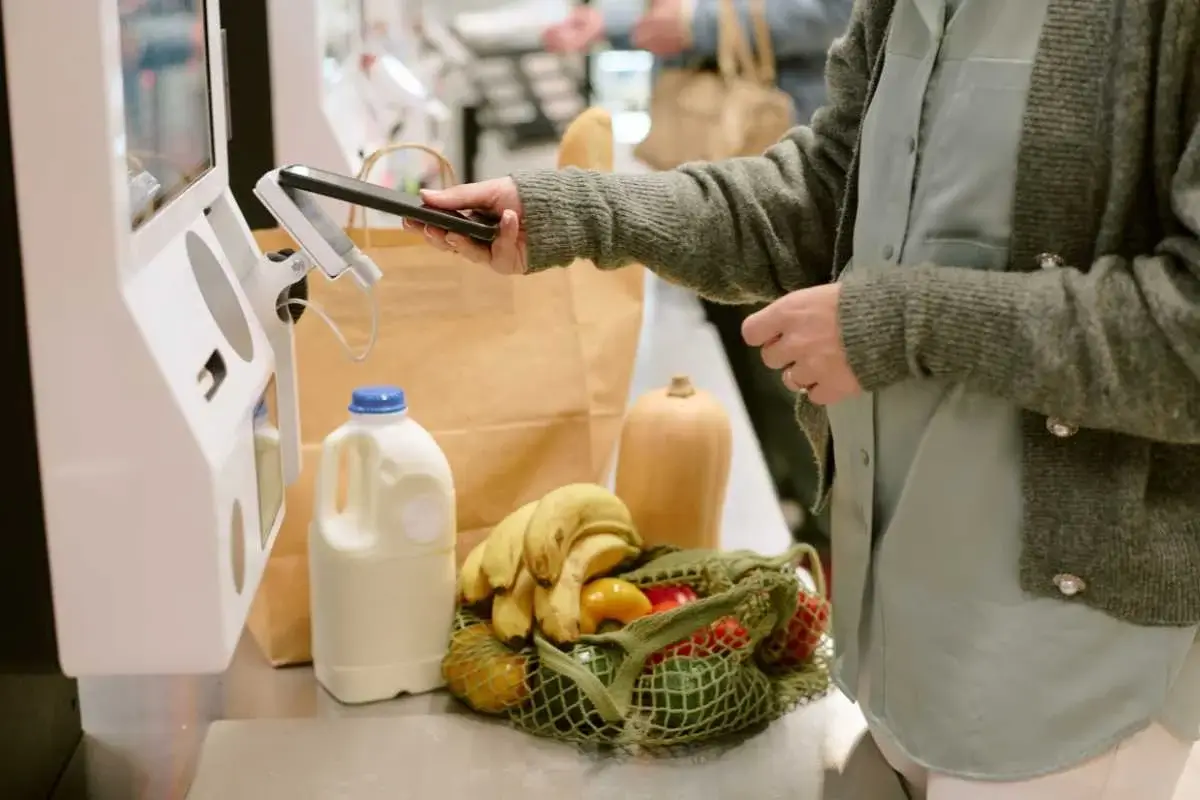
Climate change is reshaping the way the world grows, distributes, and consumes food. Rising temperatures, changing rainfall patterns, and more frequent floods, droughts, and heatwaves are disrupting agricultural production everywhere. These conditions reduce crop yields, threaten livestock health, and strain food supplies, leading to higher prices and greater instability in global markets. For many low-income communities, the effects are even more severe as food insecurity, malnutrition, and poverty increase when access to affordable, nutritious food becomes limited.
Farmers and food producers face growing uncertainty as climate impacts intensify. Shifts in growing seasons, new pest outbreaks, and water scarcity make it difficult to plan and maintain consistent harvests. These challenges require adaptation strategies that protect both farmers and consumers. Sustainable practices such as crop rotation, soil conservation, reforestation, and the use of drought-resistant crops can improve productivity while reducing environmental harm. Governments and organizations can also play a key role by supporting innovation, funding climate-smart agriculture, and strengthening supply chains to ensure stability in the food system.
Addressing these challenges requires a global commitment to fairness and sustainability. Vulnerable populations are often hit hardest by rising food prices, so policies must ensure equity, access, and protection for small-scale farmers. Investing in sustainable farming, improving food distribution, and reducing waste can help create a food system that supports people and the planet. Individual choices matter too, such as buying locally, reducing food waste, and eating more plant-based meals. Together, these actions can make the food system more resilient and ensure that everyone has access to healthy and affordable food.
How is climate change affecting food production and prices around the world, and what can be done to make agriculture more resilient? How can sustainable farming methods protect both the environment and farmers’ livelihoods? What responsibilities do governments and organizations have in supporting farmers and ensuring food security? How can individuals help create a more sustainable and fair food system through their daily choices?
Use the online submission form when sending your articles to help us track all of your submissions. Please try to write about the above topic. Your response should be at least 1,000 words.
To receive credit, your effort is what matters. You should find ways to contribute thoughtful ideas that will help others. Feel free to use personal stories or other information that you want to share, but do not use real names or other identifying information. You may write your response in the space provided or upload your response. Once we review your response, you will receive credit.
Click the button below to submit your article and get your credit.